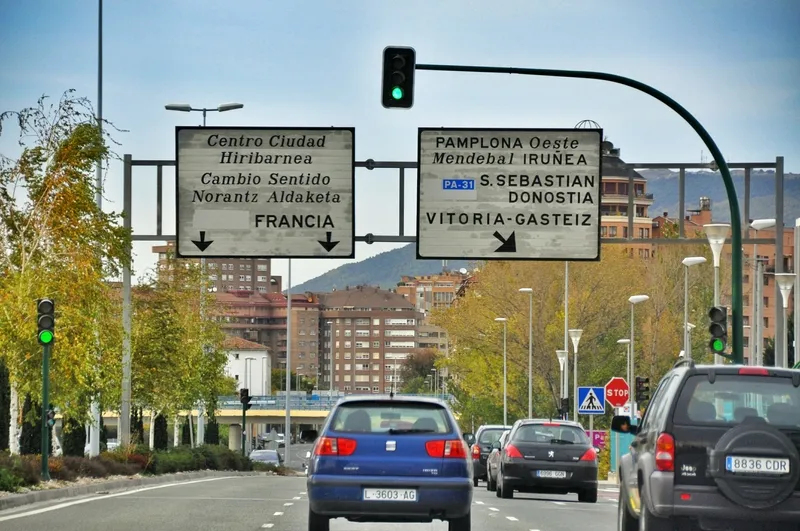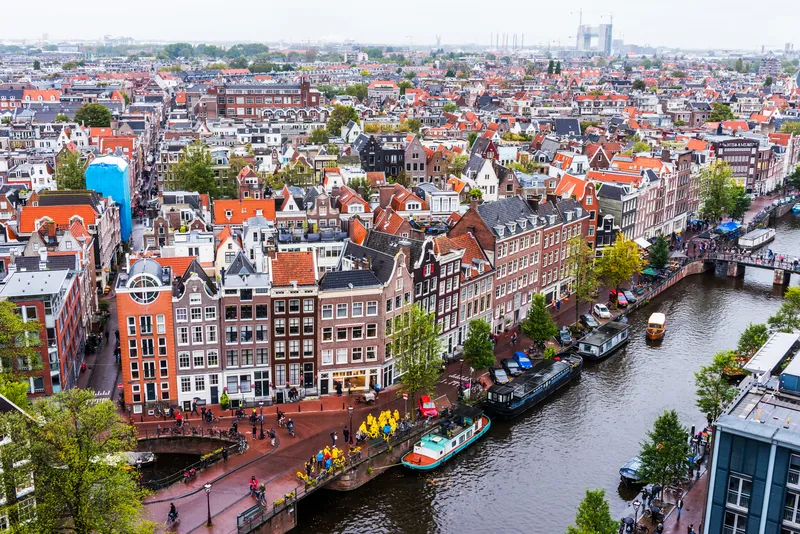
Abertis Mobility Services (AMS) is to implement a low-emission zone (LEZ) in the Spanish city of Pamplona.
A joint venture between Abertis and i3i Ingeniería Avanzada has been selected by the city council to set up the project in some neighbourhoods.
Spain's Climate Change and Energy Transition law requires cities with more than 50,000 inhabitants to have a LEZ operational by 2023.
"Our aim is to provide innovative solutions based on cutting-edge technology to city councils, so they can effectively manage the mobility of their municipalities and reduce emissions in those areas," says Christian Barrientos, CEO of AMS.
As part of the LEZ project in Pamplona, a system of stations will be deployed to measure air quality and noise pollution to provide a 'before-and-after' comparison.
Stations will be equipped with different sensors to monitor air quality by measuring gases considered by the World Health Organisation to be harmful to humans in certain concentrations (CO, SO2, NO, NO2, O3).
The project will monitor and collect traffic and pollution data so that the LEZ can be defined: number plate reading cameras will be deployed to identify all vehicles entering and leaving the restricted zone, while AI-enabled cameras with deep learning algorithms will generate analytics giving additional information on traffic and mobility in the city.
Parking sensors will monitor the use of surface parking spaces to establish their occupancy in real time.
AMS and i3i Ingeniería Avanzada's platform in Pamplona is made up of four components:
- Control points: controlled by the number plate readers and AI cameras, sensors for surface parking spaces, air quality and noise stations.
- Back-office systems and processes: responsible for information management.
- Connection interface with external services: to obtain and share information with entities such as Spain's national traffic authority - Dirección General de Tráfico (DGT)
- Connection interface with local services: to obtain data from local entities linked to vehicles and entities in Pamplona.







